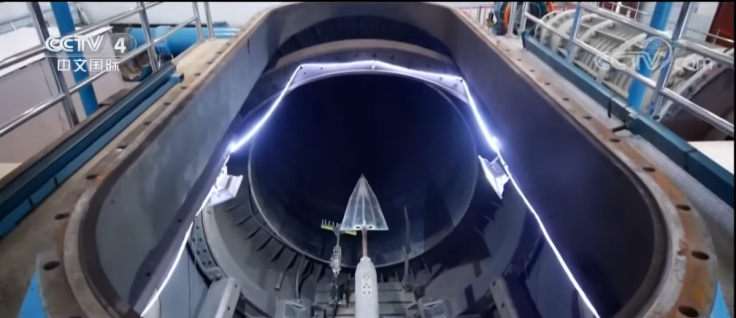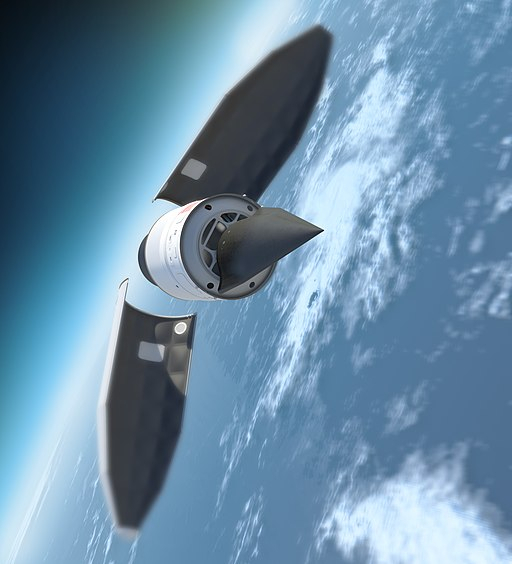China has made tall claims after testing an advanced aircraft engine prototype. The claim is that the 'sodramjet' (short form for 'standing oblique detonation ramjet)' jet engine could power an aircraft to such speeds that it can reach anywhere on Earth in two hours.
The engine prototype, tested in hypersonic wind tunnel simulating flight conditions, came off clocking test speeds nine times the speed of sound, the Chinese engineers said, according to the South China Morning Post. The test was conducted in Beijing the report adds.

Trans-Atmospheric Planes
Apart from conventional aircraft, the engine can also be used in reusable trans-atmospheric planes, the scientists said. These planes are designed to "take off horizontally from an airport runway, accelerate into orbit around the Earth, then re-enter into the atmosphere, and finally land at an airport," they said.
The testing of revolutionary technology was led by Professor Jiang Zonglin of the Chinese Academy of Sciences' Institute of Mechanics.

The results of the testing, which will put China in a spot of envy, was published in the Chinese Journal of Aeronautics.
The prototype engine has three major components -- a single-stage air inlet, hydrogen fuel injector and combustion chamber. "It is easily mistaken for a sliding board," one of the researchers associated with the project explained.
Superior to Scramjet Engines
The inlet generates shock waves with extremely high temperature and pressure when high speed wind hits it. "The shock waves met hydrogen fuel at the combustor and produced an explosion that pushed the engine forward. As the engine fired up, the mouth of the combustion chamber glowed like a Star Wars spaceship," the report adds.
The Chinese scientists claim the new tech is superior to the scramjet (supersonic combustion ramjet), engines which rely on a technology that compresses the incoming air before combustion, allowing it to operate at extremely high speeds.
The Chinese researchers have not given away more details about when they hope to complete the development.
Last year, China had announced its entry into the hypersonic engine arena, unveiling a turbine-based combined cycle (TBCC) engine system. The TBCC engine combines a turbine and a scramjet engine, helping the shift from low speed to hypersonic speed, an expert with Chinese Academy of Engineering said.









